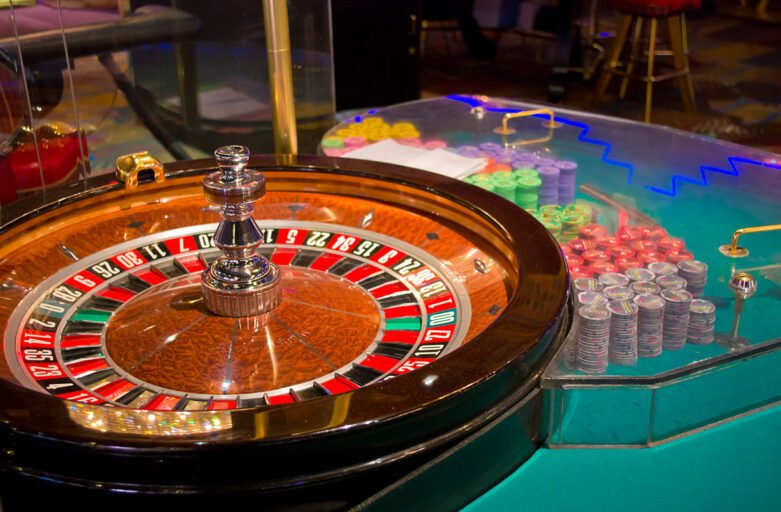Introduction
Borussia Mönchengladbach, often referred to simply as Gladbach, is one of the most storied and successful football clubs in Germany. Founded in 1900, the club has a rich history, marked by periods of remarkable success, particularly in the 1970s. Known for their passionate fan base and exciting style of play, Borussia Mönchengladbach has been a significant force in the Bundesliga and European competitions. This article explores the history, achievements, notable players, and cultural impact of Borussia Mönchengladbach.
Origins and History
Borussia Mönchengladbach was established on August 1, 1900, in the city of Mönchengladbach, North Rhine-Westphalia. The club’s name, “Borussia,” is derived from the Latin name for Prussia, a region of historical significance in Germany. From its early years, Gladbach developed a reputation for producing talented players and playing an attractive brand of football.
Golden Era: The 1970s
The 1970s were the golden era for Borussia Mönchengladbach, during which the club enjoyed unparalleled success both domestically and internationally:
- Bundesliga Triumphs: Gladbach won five Bundesliga titles in 1970, 1971, 1975, 1976, and 1977. Under the management of Hennes Weisweiler and later Udo Lattek, the team became known for its dynamic and attacking style of play.
- European Success: The club also made a significant impact in European competitions, winning the UEFA Cup (now Europa League) in 1975 and 1979. Additionally, Gladbach reached the final of the European Cup (now Champions League) in 1977, where they were narrowly defeated by Liverpool.
- Key Players: This period saw the rise of legendary players such as Günter Netzer, Jupp Heynckes, Berti Vogts, and Allan Simonsen, who played crucial roles in the club’s success and became icons in German football.
Recent Years and Modern Era
In recent years, Borussia Mönchengladbach has reestablished itself as a competitive force in the Bundesliga:
- Bundesliga Competitiveness: The club has consistently finished in the top half of the Bundesliga table, often challenging for European qualification spots. Under managers like Lucien Favre and Marco Rose, Gladbach has developed a reputation for strong defensive organization and rapid counter-attacks.
- European Campaigns: Gladbach has participated in both the UEFA Champions League and Europa League, achieving notable victories and progressing to the knockout stages. Their performances in Europe have helped to enhance the club’s profile on the international stage.
- Youth Development: Borussia Mönchengladbach places a strong emphasis on youth development, regularly integrating talented young players from their academy into the first team. This commitment to nurturing young talent ensures a sustainable future for the club.
Notable Players
Over the years, many talented players have donned the Gladbach jersey, making significant contributions to the club’s success:
- Günter Netzer: A midfield maestro and a key figure during the 1970s, Netzer was known for his creativity, vision, and leadership on the pitch.
- Jupp Heynckes: One of the most prolific goal scorers in Bundesliga history, Heynckes was instrumental in Gladbach’s golden era and later became a successful manager.
- Marco Reus: A product of the club’s youth system, Reus made a significant impact at Gladbach before moving to Borussia Dortmund, where he continued to excel.
- Matthias Ginter: A versatile defender, Ginter has been a key player for Gladbach in recent seasons, known for his solid defensive performances and leadership qualities.
Cultural Impact
Borussia Mönchengladbach has a passionate and dedicated fan base, known for their unwavering support and creating a vibrant atmosphere at the club’s home ground, Borussia-Park:
- Fan Culture: Gladbach supporters are known for their loyalty and enthusiasm, regularly filling the stands and creating an electric matchday atmosphere. The club’s supporters’ groups and ultras play a significant role in fostering a sense of community and identity.
- Borussia-Park: Opened in 2004, Borussia-Park is a modern stadium with a capacity of over 54,000. It provides an excellent venue for both domestic and European matches, contributing to the club’s strong home record.
Conclusion
Borussia Mönchengladbach’s rich history, combined with its tradition of exciting football and passionate fan base, makes it one of the most respected and beloved clubs in German football. As the club continues to compete at the highest levels of the Bundesliga and European competitions, it remains committed to its values of youth development, attacking play, and community engagement. With a bright future ahead, Borussia Mönchengladbach is poised to add new chapters to its storied legacy in the years to come.
